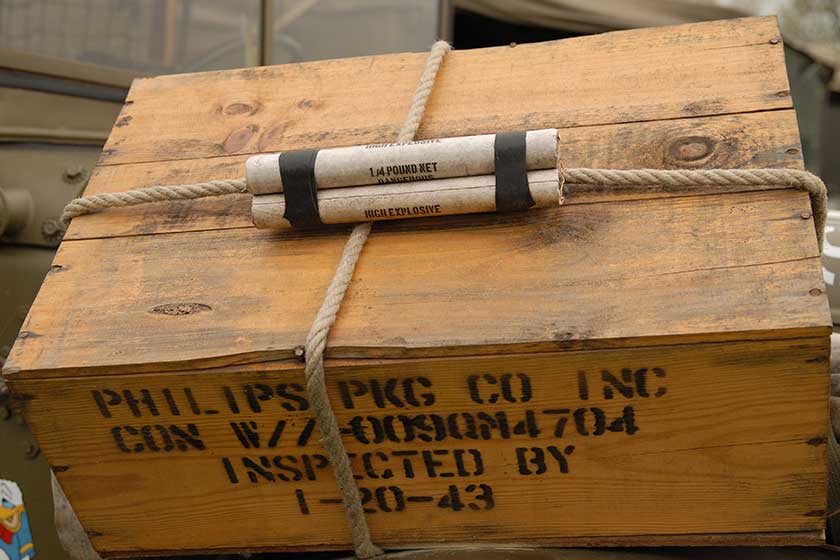November 4, 2023

In the intricate domain of packing, certain standards rise above the rest due to their stringent nature and specific purpose. Mil Spec packing, a term often encountered in the defense and aerospace sectors, stands out as one of these specialized standards. For businesses operating in or serving industries where mil spec packing is a requirement, understanding its nuances can make a significant difference in compliance, operational efficiency, and reputation. For those in packing services, getting acquainted with mil spec packing is not just beneficial; it’s often essential.
Decoding Mil Spec Packing
Milspec, short for military specification, refers to the standards set by the U.S. Department of Defense for various products and processes, including packing. These specifications are crafted to ensure products meet certain criteria, especially in terms of durability, performance, and consistency. When it comes to packing, mil spec standards dictate how items should be packed, ensuring they are protected from potential damage, especially during transportation or extended storage.
Such packing standards are not arbitrary. Given that they often pertain to defense equipment, failure to adhere can have significant consequences, ranging from financial losses to operational setbacks in critical missions.
Features That Distinguish MilSpec Packing
Mil Spec packing is distinct from conventional packing in several ways. Firstly, the materials used often undergo rigorous testing to ensure they can withstand extreme conditions such as temperature fluctuations, moisture, or rough handling. This ensures that the contents, be it machinery, tools, or sensitive equipment, remain unscathed.
Furthermore, mil spec packing often incorporates advanced protective features. This could include moisture barriers, corrosion inhibitors, or even electrostatic discharge protection, depending on the nature of the packaged item. Such features ensure that the packaged products are shielded from environmental or external factors that could compromise their functionality.
Implications for Businesses
For businesses operating in sectors where mil spec packing is mandated, understanding and adhering to these standards is nonnegotiable. Noncompliance can lead to rejected shipments, contractual penalties, or even loss of business. Beyond the immediate financial implications, failure to adhere can tarnish a company’s reputation, impacting long term business prospects.
However, it’s not just about compliance. Adopting mil spec packing standards can also be a value proposition. It signifies to clients and stakeholders that the business is committed to delivering products of the highest standard, bolstering its position in the market.
Offering mil spec packing services can open doors to a niche, yet significant, market segment. It positions the business as a specialized service provider, capable of catering to industries where precision and reliability are paramount.
Staying Updated and Adaptable
Mil Spec packing standards, while consistent, are not static. As technologies evolve and the demands of modern warfare and defense operations change, these standards can see updates. For businesses, staying abreast of these changes is crucial.
Moreover, being adaptable is key. The ability to quickly align operations with updated standards ensures that business continuity is not disrupted.
Mil Spec packing, with its stringent criteria and specific purpose, stands as a testament to the importance of packing in critical sectors. While it presents certain challenges in terms of compliance and adaptability, it also offers businesses an opportunity to distinguish themselves in a competitive market.
